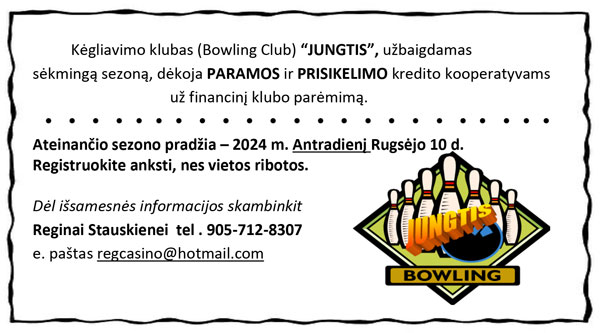
In 2022, the Lithuanian parliament (Seimas) drafted a desovietization law proposing to remove symbols of repressive regimes and the information used to promote them from all public places in the country.
The law prohibits the propagation of such regimes and their ideologies in any form of commemoration or depiction in public places, such as symbols used to promote the regimes; information promoting the regimes; persons if they were or are active in occupying political, military, or repressive structures; organizations, events, or dates associated with totalitarian or authoritarian regimes or with military aggression committed or being committed by such regimes against other states; persons, organizations, events, or dates related to the Soviet occupation of Lithuania in 1940-1941 and 1944-1990, and the Nazi occupation of Lithuania in 1941-1944.
The prohibition applies to all public objects, i.e., public facilities, monuments, sculptures, obelisks and memorial plaques, other commemorative objects, and property owned or managed by the state or municipalities, as well as public places, such as streets, squares, parks, or any other public space, as well as their names.
The provisions of the law do not apply to public facilities that are exhibited in the context of the activities of museums, archives, and libraries, used to inform the public about totalitarian and authoritarian regimes and the ideologies they propagate, as well as historical and current events and their consequences or used for educational, scientific, professional artistic, and collecting purposes.
The final decision on whether a public object propagates totalitarian or authoritarian regimes and their ideologies and needs to be replaced or removed would be taken by the director of the Genocide and Resistance Research Centre of Lithuania (GGRTCL). A special inter-institutional commission must submit its assessment beforehand.
The law came into force on May 1, 2023. According to Asta Aranauskiene of the GGRTCL local municipalities were given 20 working days from that date to provide the centre with information on public objects within their territories that potentially violate this ban.
With Lithuania adopting the so-called desovietization law, towns across the country are still in the process of creating alternative street names. Some of the proposals have locals laughing.
In Viduklė, a town of over 1,000 people in central Lithuania, the administration is due to rename Pionierių Street because of the name’s connection with the communist youth organization, the Pioneers. Five proposals have been put before the residents, with one being particularly delicate – Koldūnų, or “dumpling”, street. “Maybe it could be changed, […] but not to Koldūnai. It’s nonsense. Let’s then call streets after meatballs, schnitzels,” said one resident.
However, another resident of the town defended the proposal. “Viduklė is the capital of Lithuanian dumplings, and Viduklė has an old dumpling factory.”
The head of the local administration admits that the residents did not want to give up the name of Pionierių Street. “There was a discussion on the Facebook page that they did not want to change Pionierių Street because a pioneer is not just a [communist] pioneer who wears a [red] tie, there are several meanings,” said Daiva Ulinskienė, the head of the Viduklė administration.
Most of the municipalities that are now inviting residents to submit proposals for street names removed or covered Soviet monuments last year.
In Kalvarija, southern Lithuania, the monument to Soviet soldiers still stands. The municipality only sent a request to remove the monument’s historical features earlier this summer.
“Without a doubt, it has to be removed, we know what is happening in the world at the moment,” said Kalvarija Mayor Nerijus Šidlauskas. “[But] since we live in a state governed by the rule of law, certain procedures have to be carried out.”
The municipality of Kalvarija now plans to turn to the so-called desovietization commission, which will decide whether the monument should be removed. The commission – made up of officials, as well as members of civil society and various institutions – has already examined more than 40 applications from municipalities, most of them concerning street names.
However, it ruled that some objects or street names earmarked for removal could stay.
Examples included a street dedicated to the workers on the country’s agricultural irrigation system, which was expanded during the Soviet occupation: Melioratorių Street. It can be interpreted in different ways… but in no way reflects or promotes any totalitarian or authoritarian regime,” said Vitas Karčiauskas, chairman of the Commission for the Evaluation of Public Objects.






























